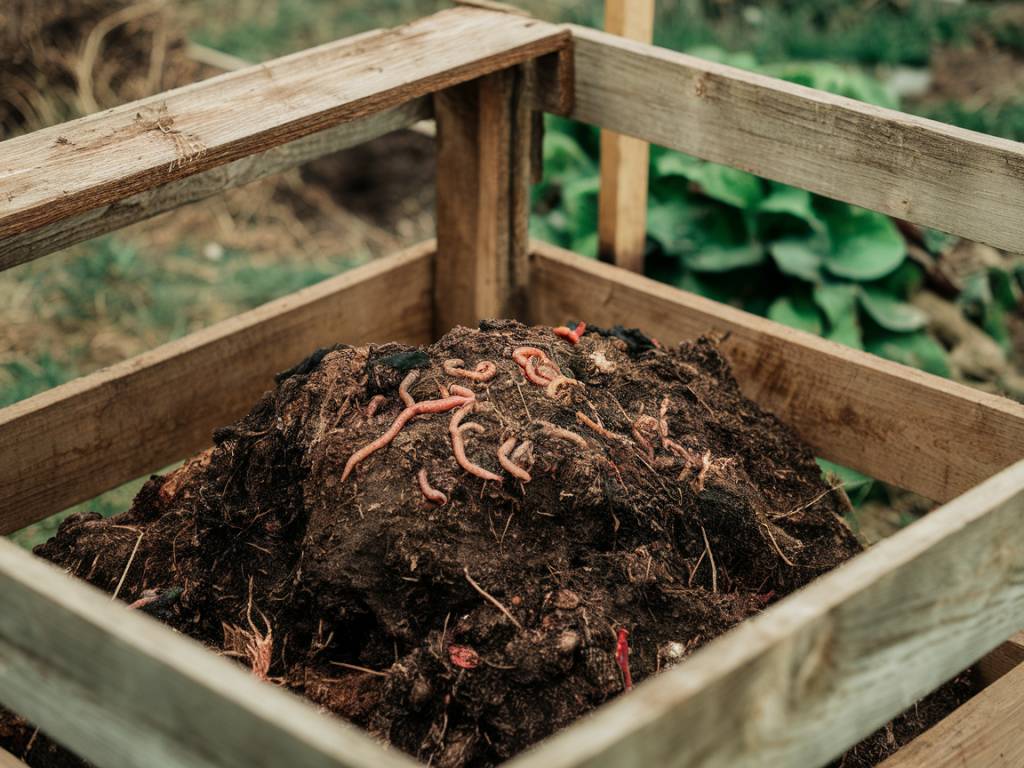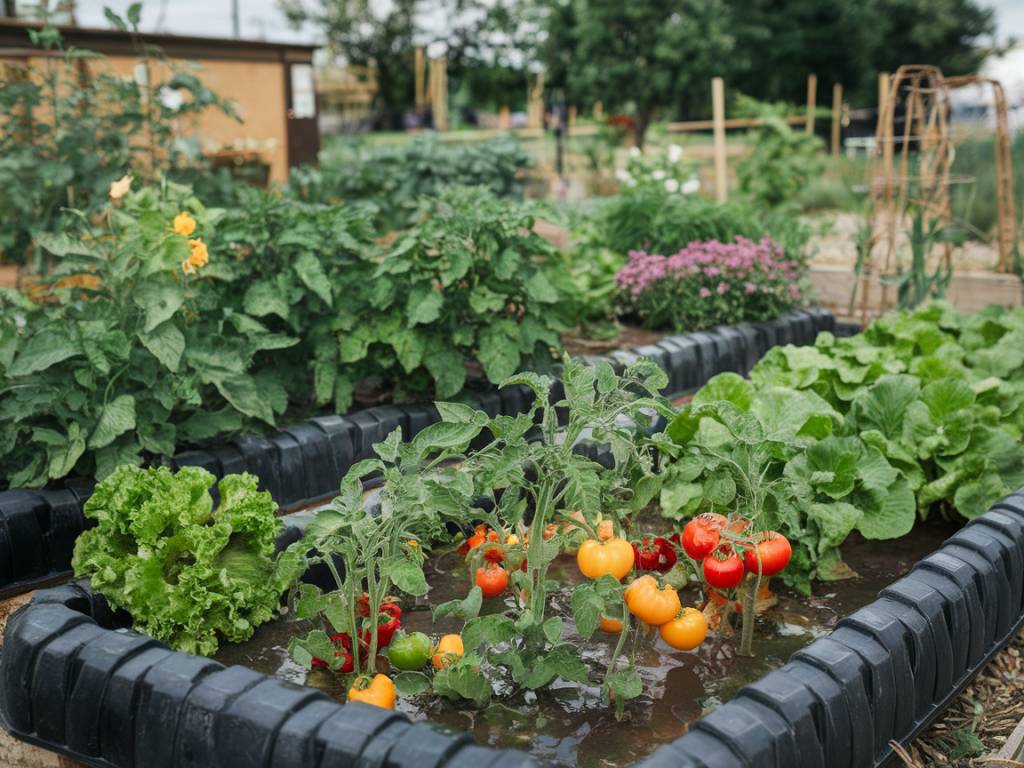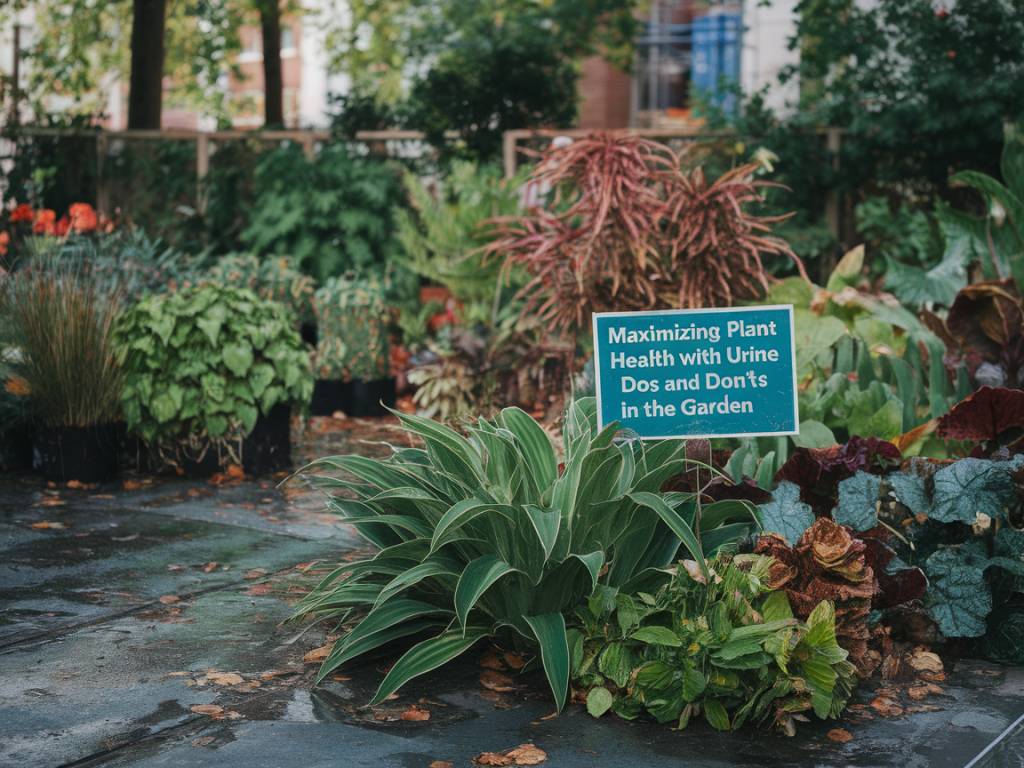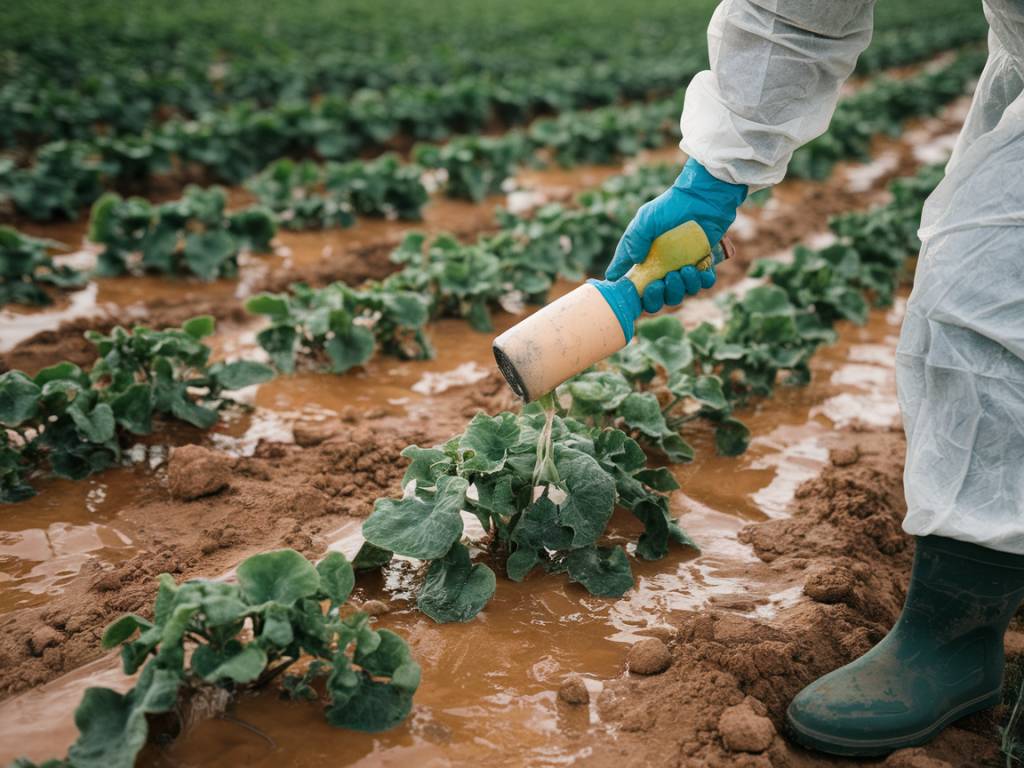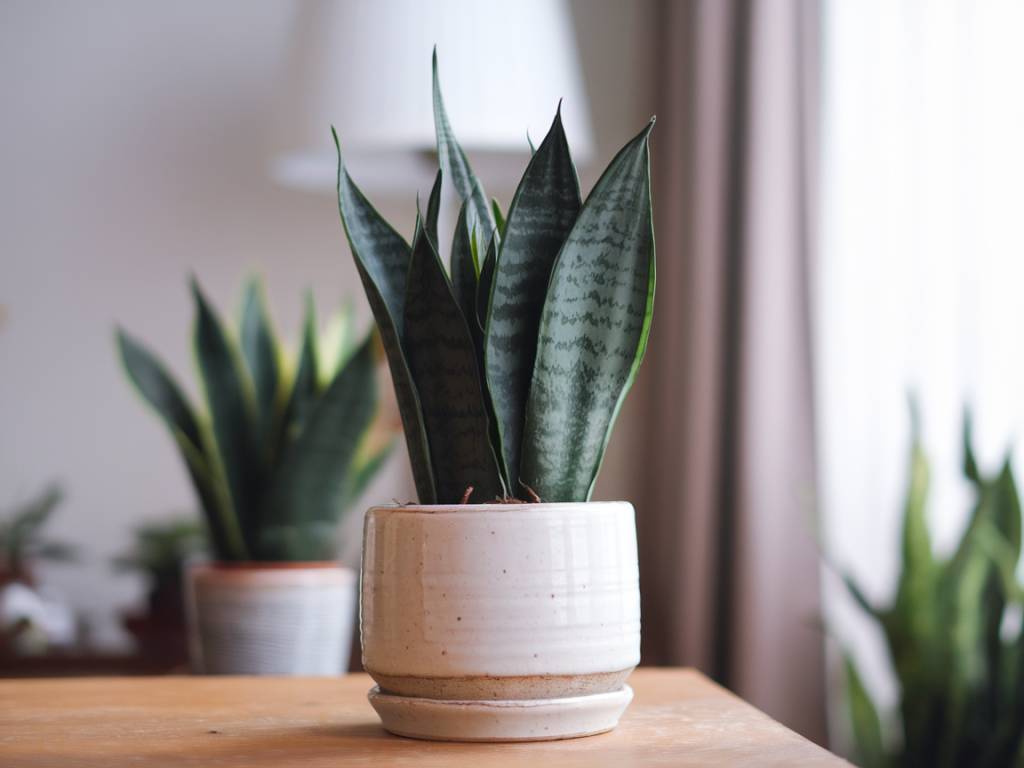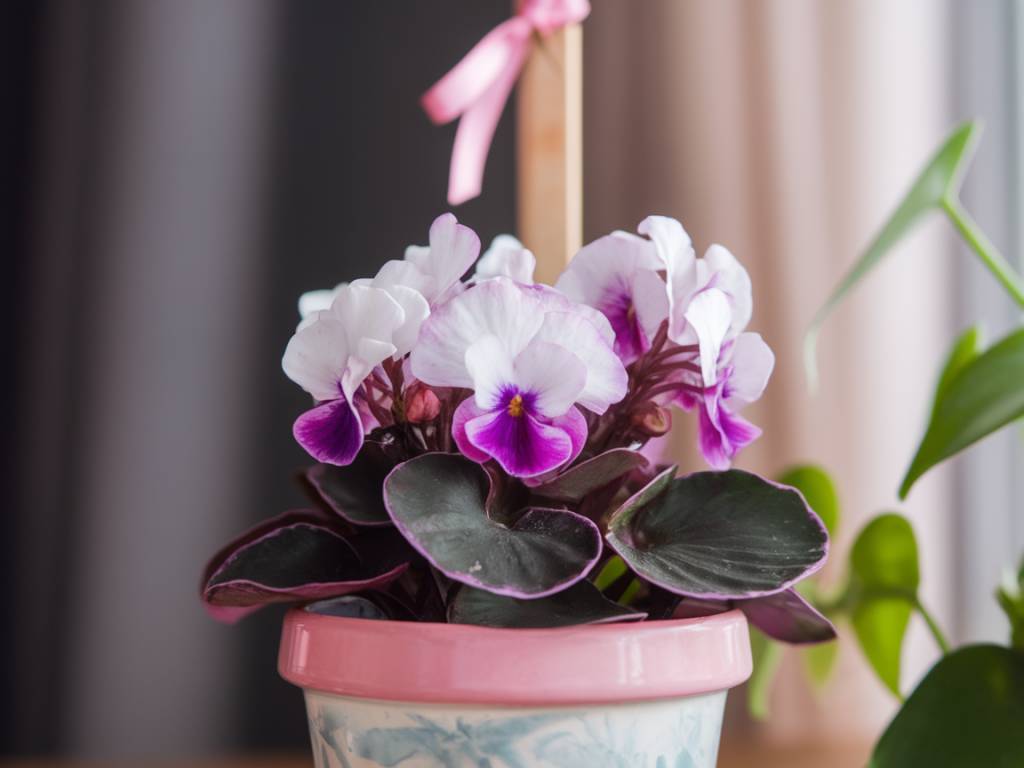As a passionate gardener who embraces natural methods and permaculture principles, I’m constantly exploring ways to enhance my garden’s nutrient cycle. One such method that’s often overlooked is the use of urine in composting. Yes, you read that right. Urine, rich in nitrogen and other essential nutrients, can be a great asset to your compost pile and, ultimately, to your garden soil. Let’s dive into the why and how of this intriguing and eco-friendly practice.
Why Use Urine in Composting?
Urine is a potent fertilizer, naturally high in nitrogen, phosphorus, and potassium—the three main nutrients plants need to thrive. Its inclusion in compost can significantly speed up the composting process and enrich the end product.
- Nitrogen Content: Urine is about 95% water but also contains urea, which decomposes into ammonia and then into nitrate, a form of nitrogen that plants can readily absorb.
- Phosphorus and Potassium: Apart from nitrogen, urine also contains smaller amounts of phosphorus and potassium, both of which are essential for plant growth.
- P Convenience: Urine is free and readily available, making it a cost-effective addition to your composting routine.
How to Collect and Use Urine
Before adding urine to your compost, there are a few guidelines to follow to make sure you’re using it effectively and safely. First and foremost, always dilute urine to avoid overloading your compost with nitrogen.
Collection Tips
- Use Dedicated Containers: Have a few clean containers designated for urine collection. Make sure these are well-labeled to avoid any mix-ups.
- Collect Fresh: Use urine as soon as possible after collection. Fresh urine is less likely to contain harmful bacteria and will be most effective.
- Avoid Synthetic Medications: If you’ve taken medication or synthetic vitamins, it’s better to skip using your urine during that period, as these can contaminate your compost.
Application Methods
- Direct Addition: Dilute the urine at a ratio of at least 10 parts water to 1 part urine before adding it directly to your compost pile. This helps to distribute the nutrients evenly and prevents any potential « burning » from excess nitrogen.
- Layering: You can also add urine to your compost in layers. Start with a brown material layer (like leaves or straw), then a green material layer (like kitchen scraps), and then water with diluted urine. Repeat this layering process to build a balanced compost pile.
- Compost Tea: For a quicker nutrient boost, you can create compost tea by steeping compost in water with a small amount of urine. This liquid fertilizer can be used directly on plants.
Benefits to Your Garden
Incorporating urine into your composting routine offers a host of benefits. It not only accelerates the composting process but also enhances the nutritional profile of your compost, making it a powerhouse for your garden soil.
- Improved Soil Structure: Well-composted soil has a better structure, which allows for more efficient water and nutrient retention.
- Balanced Nutrient Supply: The addition of urine provides a balanced supply of essential nutrients, which can help your plants grow stronger and healthier.
- Enhanced Microbial Activity: The urea in urine promotes microbial activity, which aids in the breakdown of organic matter, making nutrients more readily available to plants.
Addressing Concerns
While the idea of using urine in composting might seem unconventional, it’s important to address some common concerns to put your mind at ease.
Pathogens and Safety
When added to a compost pile that reaches sufficient temperatures, any potential pathogens in the urine are broken down and rendered harmless. A well-managed hot compost pile can effectively kill harmful bacteria and pathogens, ensuring that your compost is safe for garden use.
Odor Management
Many people worry about the smell. If done correctly, adding urine to compost shouldn’t produce a strong odor. Proper dilution and covering the compost pile with dry, brown materials like leaves or straw can help minimize any unpleasant smells.
Regulatory Considerations
If you’re composting in an urban area, you might want to check local regulations regarding composting practices. While using urine is generally safe and effective, being aware of any specific guidelines or restrictions in your area is always a good idea.
Final Thoughts
Utilizing urine in your composting process can be a valuable, eco-friendly method to boost your garden’s health. It aligns perfectly with the principles of permaculture and natural gardening, offering a sustainable way to recycle nutrients. Don’t be afraid to give it a try and observe the positive impacts on your garden firsthand.
Happy gardening! Feel free to share your experiences or any tips you have regarding the use of urine in composting. I’m always excited to learn from fellow gardeners. Until next time, may your garden flourish naturally!
– Samanta

